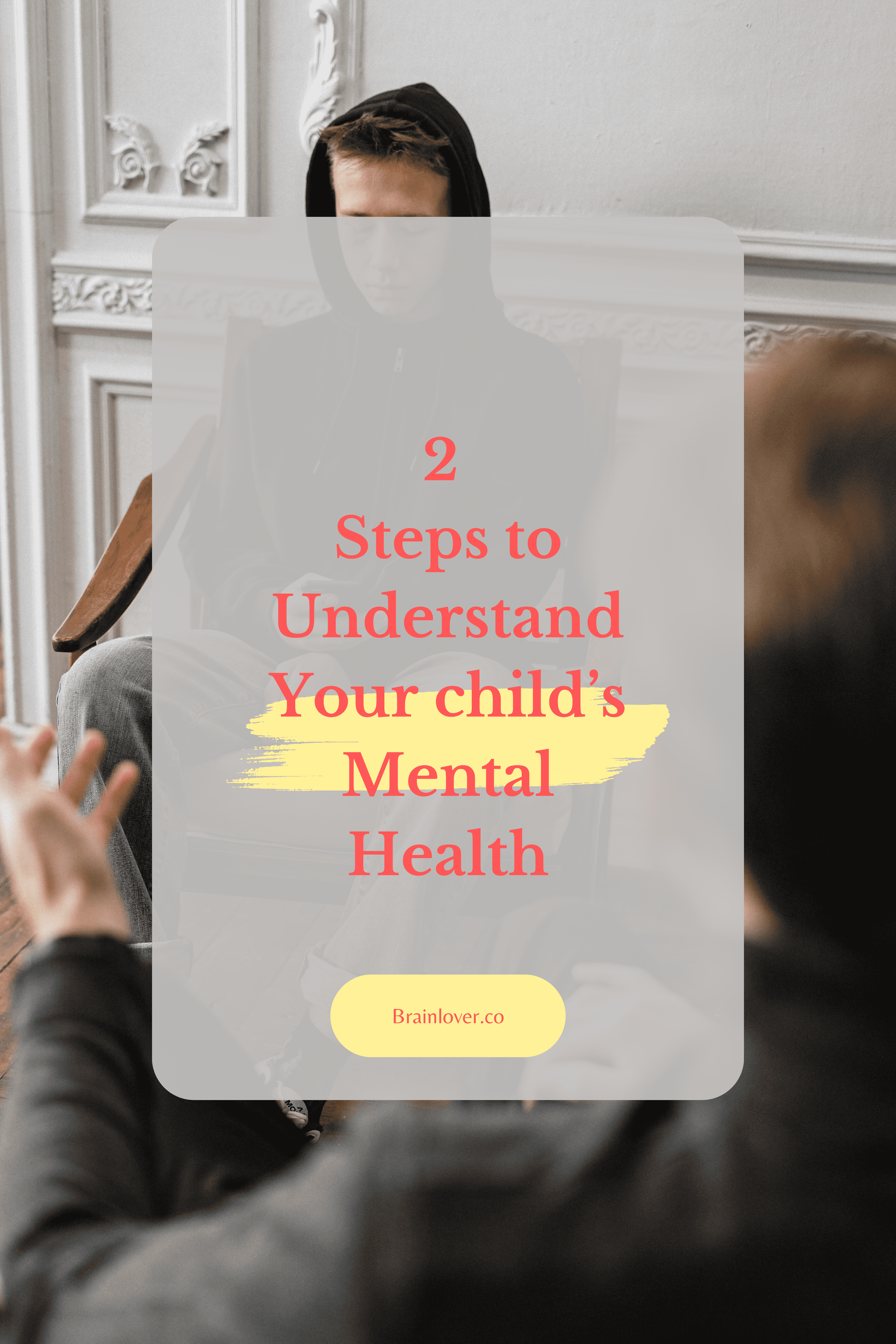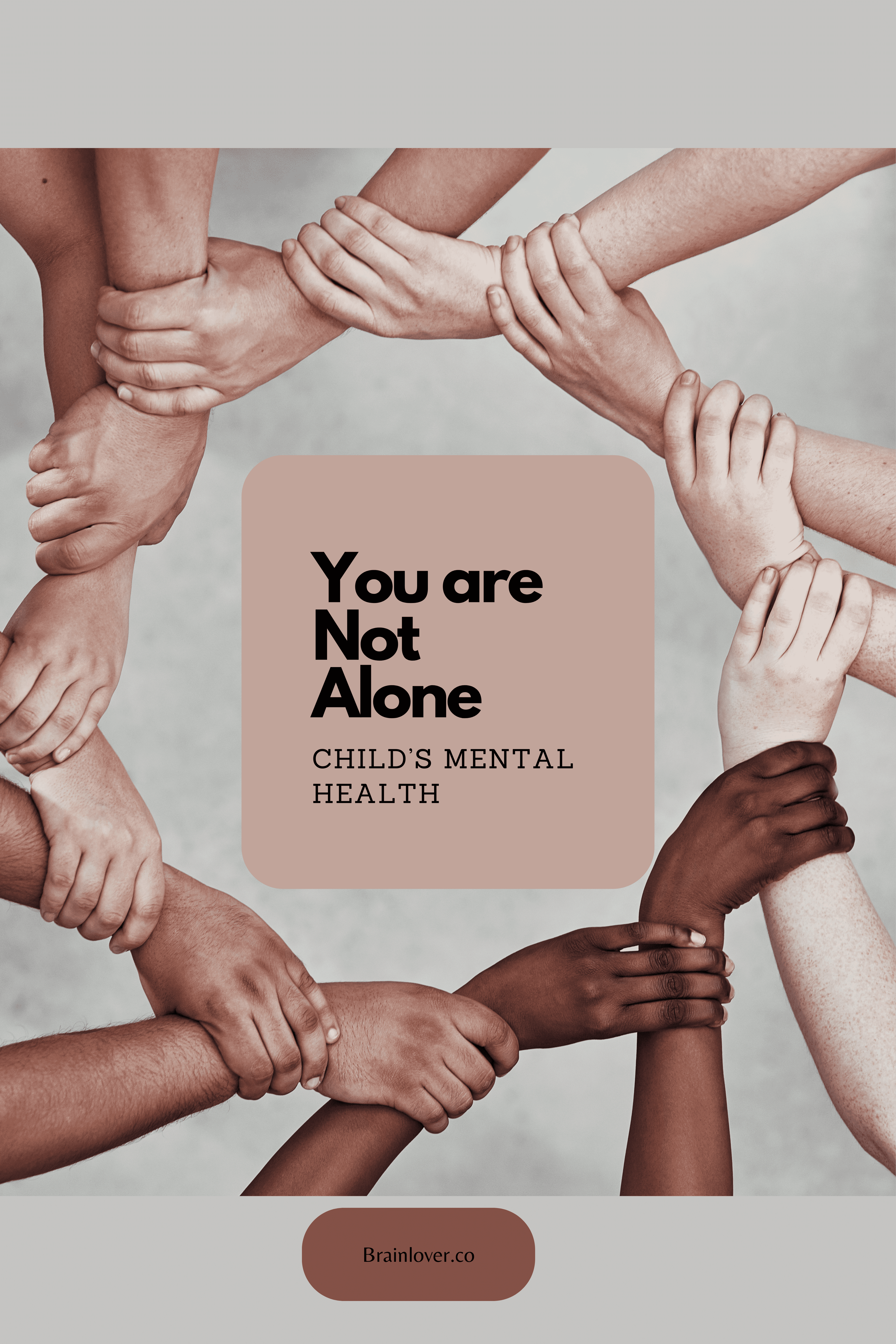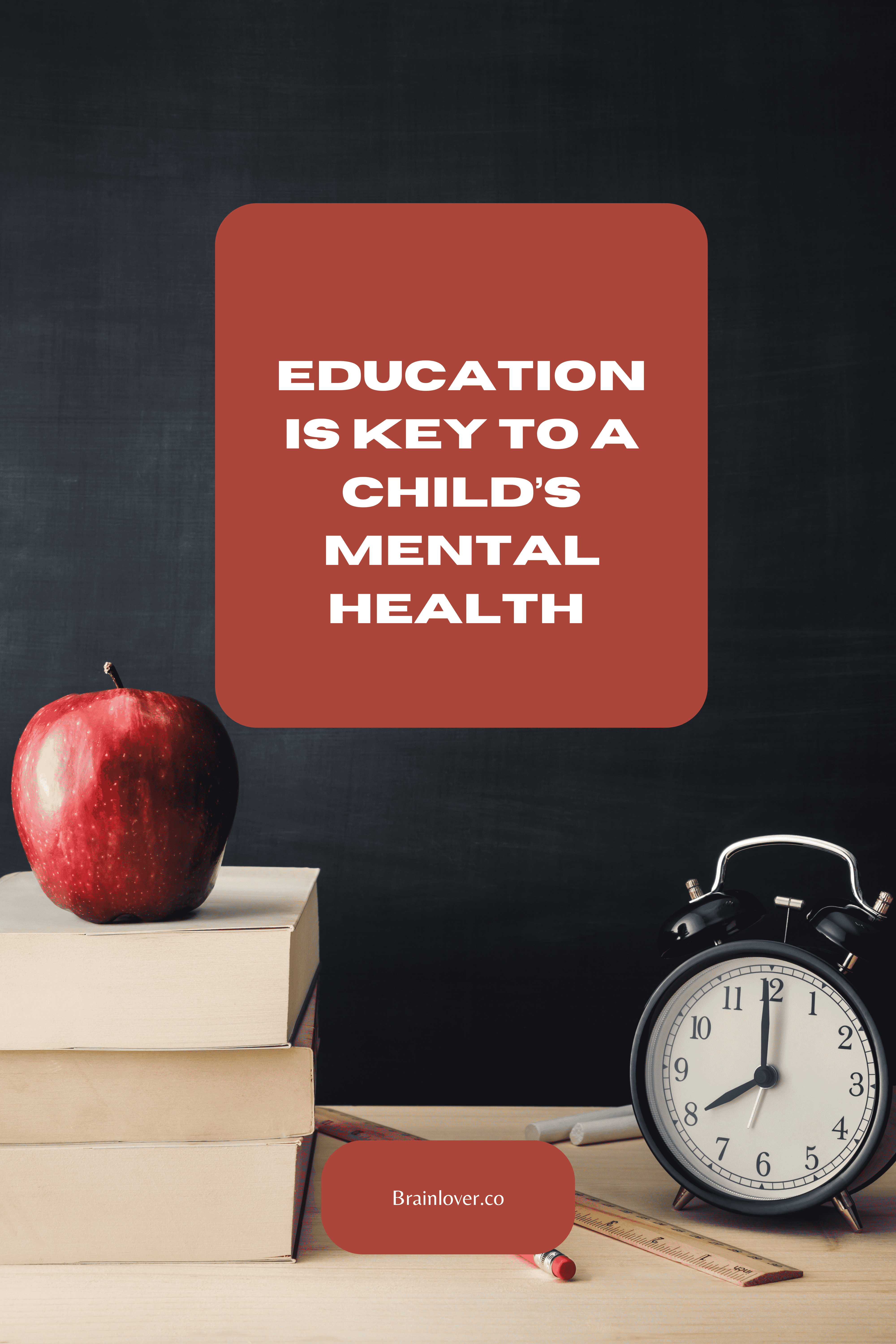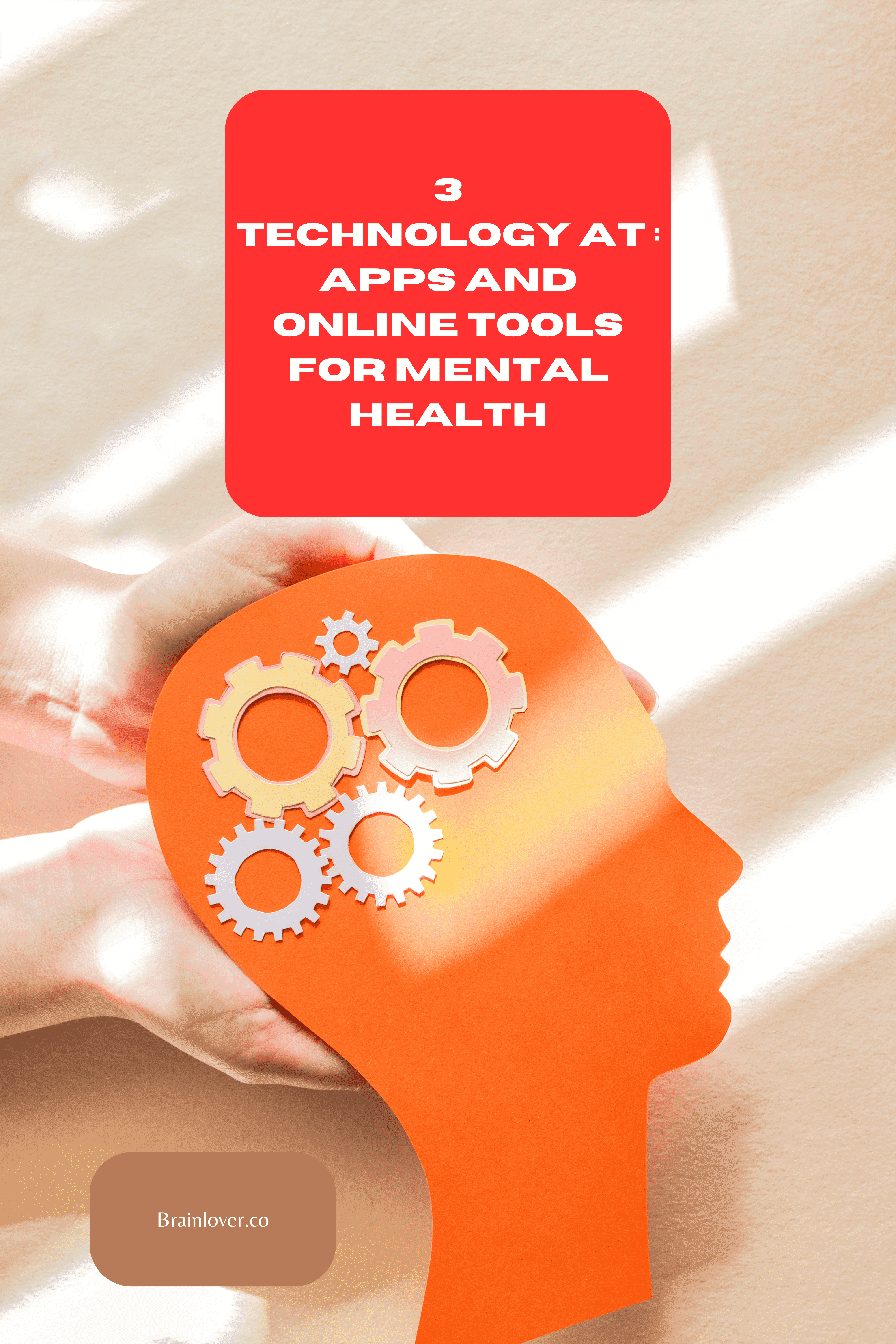Uncovering Assistance: Available 3 Resources for Parents Struggling with Child’s Mental Health

As a parent, supporting your child’s mental health can be a challenging and overwhelming task. It’s crucial to remember that you are not alone in this journey.
Various resources are available to help you navigate these difficulties and provide the best care for your child.
In this blog post, we will uncover the assistance that is available for parents struggling to support their children’s mental health.
Understanding Your Child’s Mental Health Needs

Navigating your child’s emotional and mental waters can be as daunting as necessary. Recognizing the signs of distress or changes in behavior is the first step toward providing the support your child needs.
- Engage in open and gentle conversations with your child, allowing them the space to express their feelings without fear of judgment.
This empathetic approach fosters trust and understanding between you and your child, making it easier to identify their specific mental health challenges.
- Furthering your education on mental health issues is equally vital.
The vast expanse of information available can be overwhelming, but focusing on reputable sources and learning about conditions that align with your child’s symptoms can offer clarity.
This knowledge empowers you as a parent and equips you to effectively communicate with healthcare professionals, ensuring that your child receives the most appropriate care.
Remember, understanding your child’s mental health needs is a journey you both embark on together. It’s a path filled with learning, empathy, and growth.
As you navigate this journey, remember the importance of patience and perseverance.
Your commitment to understanding and supporting your child lays the foundation for their resilience and well-being.
Seeking Professional Help: Navigating the Waters
When it comes time to seek professional assistance for your child’s mental health, knowing where to start can often feel like navigating through a fog.
However, taking that first step toward finding a pediatrician, child psychologist, or therapist specializing in children’s mental health is a profound act of love and bravery.
These professionals are equipped to offer a comprehensive assessment, accurate diagnosis, and personalized treatment options that cater specifically to your child’s needs.
Initiating this journey requires courage and determination.
You can contact your primary care provider for referrals or consult with local mental health organizations for a list of recommended specialists.
In today’s connected world, online platforms and social networks can also serve as valuable resources for finding professionals with the right expertise and experience.
When selecting a professional, consider their credentials, approach to treatment, and how comfortable your child feels with them.
You and your child must trust and feel at ease with the professional to foster a positive therapeutic relationship.
Embarking on the path of professional help is a testament to your dedication to your child’s mental health.
It’s a step filled with hope and the promise of brighter days ahead, backed by the expertise of professionals who can guide you and your child toward healing and well-being.
Remember, reaching out for help is a strength, and you’re taking an essential step in supporting your child’s journey to mental health.
Peer Support Groups: You’re Not Alone

Feeling isolated in your journey as a parent navigating your child’s mental health challenges can be one of the trickiest aspects to deal with.
However, it’s important to remember that a community is ready to embrace you with understanding and empathy.
Peer support groups are invaluable for connecting with others walking a similar path. These groups provide a compassionate environment where you can share your experiences, challenges, and victories.
Engaging with these communities offers emotional solace, practical advice, and insights that can only come from lived experience.
They remind us that our struggles are shared and that, in unity, we can find strength and hope.
Participating in a peer support group through in-person meetings or virtual forums can significantly lighten the emotional load. It offers a sense of belonging and a reminder that you are never alone.
Educational Resources for Children and Parents

In the heart of every struggle lies an opportunity for growth and learning, and this rings especially true when it comes to supporting your child’s mental health.
A plethora of educational resources are at your fingertips, ready to guide you through the complexities of mental wellness.
Books tailored to both children and adults can open dialogues about feelings, emotions, and coping mechanisms, making subjects that might seem daunting more approachable.
Online platforms are treasure troves of articles, videos, and interactive tools designed to deepen your understanding and enrich your approach to mental health support.
Workshops and seminars, often available through local community centers or mental health organizations, provide valuable information and the chance to connect with experts and other families navigating similar challenges.
Engaging with these resources creates an environment of openness and learning, reinforcing that mental health is a continuous exploration and understanding journey.
This proactive approach not only empowers you as a parent but also instills in your child the importance of self-awareness and resilience in facing mental health challenges.
Through education and compassion, you can build a robust, informed support system that champions mental well-being.
Utilizing School-Based Mental Health Services
Navigating the path to your child’s mental health support might lead you closer to home than you think—right to their school’s doorstep.
Schools today are increasingly equipped with professionals specializing in children’s mental and emotional well-being.
These invaluable resources include counselors, psychologists, and sometimes even social workers, all working within the educational system to offer support, guidance, and interventions tailored to students’ needs.
Initiating a conversation with your child’s school about the available mental health services can open up avenues for support you might not have considered.
This collaborative approach ensures that your child receives consistent care across home and school environments, creating a seamless web of support enveloping them throughout their daily activities.
Engaging with school-based services also provides an opportunity to foster a community understanding of mental health, breaking down barriers and stigma around seeking help.
By leveraging these resources, you’re advocating for your child and contributing to a culture of mental health awareness and support within the school community.
This proactive step demonstrates to your child the importance of seeking help and the many forms that support can take, reinforcing the message that they are not alone in their journey.
Technology at Your Service: Apps and Online Tools

In an era where technology seamlessly integrates into our daily lives, it opens up innovative avenues for supporting our children’s mental health.
The digital realm is rich with apps and online tools specifically designed to nurture mental well-being in young ones.
These resources range from interactive platforms that teach mindfulness and emotional regulation to supportive therapy apps that connect users with licensed professionals.
Venturing into the world of mental health apps with your child allows you to discover tools that align with their unique needs and engage them in a format they are comfortable and familiar with.
Navigating these digital resources together can also provide an invaluable opportunity for bonding and learning.
Many apps offer activities and exercises you can do with your child, fostering a shared understanding and approach to mental health care.
This shared journey can demystify mental health challenges and make the process of seeking help less intimidating for your child.
As you explore these digital avenues, it’s essential to prioritize safety and privacy.
Opt for apps and tools that have a reputable standing and ensure user confidentiality.
Remember, while technology offers a wealth of resources, it is crucial to select those that complement professional care and the loving support you provide as a parent.
By integrating these digital tools into your child’s mental health care strategy, you’re embracing a modern approach that empowers them to navigate their mental well-being with confidence and support.
Here are a few examples:
- Calm: This app offers guided meditation, sleep stories, breathing exercises, and relaxing music to reduce stress and anxiety.
- What’s Up: This app helps users manage anxiety, depression, stress, and more by offering features like a diary, a habit tracker, and information on coping strategies.
- Youper – Emotional Health: Youper utilizes AI to provide personalized therapy sessions, mood tracking, and emotional health support. It helps users improve emotional well-being and manage mental health challenges.
Financial Assistance for Mental Health Care
Navigating the financial aspect of your child’s mental health care can seem daunting, but it’s essential to know that there are pathways to alleviate the burden.
Various government programs are specifically designed to support needy families, offering a lifeline to essential services.
Local community centers and non-profit organizations also often have programs to subsidize children’s mental health care.
Furthermore, contacting your health insurance provider can unveil benefits and coverage options tailored to mental health treatments you may not have been aware of.
These resources are there to ensure that financial hurdles do not stand in the way of your child’s path to wellness.
Exploring these options can provide relief, knowing there are mechanisms to support your family through this journey.
Remember, your child’s mental health is invaluable, and there are resources committed to making care accessible and affordable for every family.
Sources
Parents experience more psychological distress when they have financial challenges.
Poor maternal and paternal mental health has been linked to negative childhood outcomes.
The COVID-19 pandemic poses a threat to the well-being of children and youth aged 6-17.









